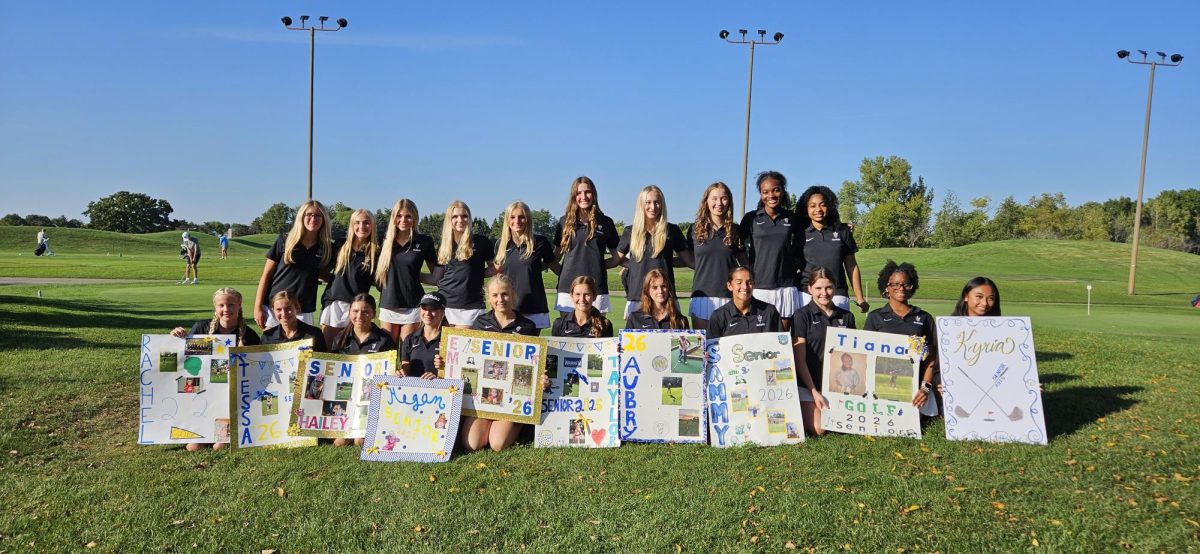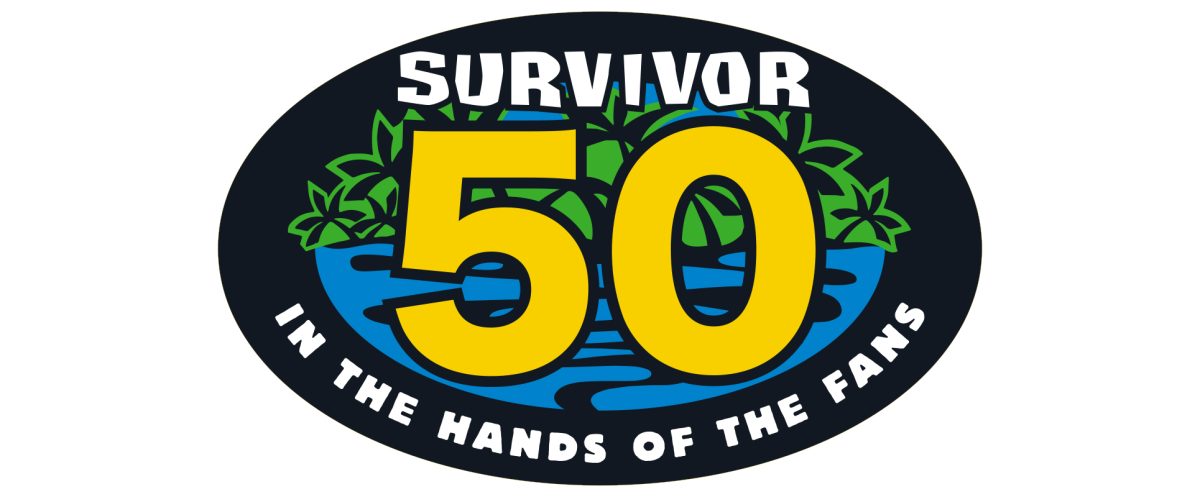The Push for Project-based Finals
It’s time to change our approach to cumulative exams
December 12, 2022
The holiday season is upon us. Dangling lights, sub-zero temperatures, “All I Want for Christmas”, and finals.
WTHS mutters a collective sigh as they contemplate the cumulative exams marking an end to four months of struggle and the start of three weeks of bliss.
With finals week looming in the distance, perhaps it’s time for a conversation about the purpose of the tests in general. In the almost six semesters I’ve spent at Warren, half of those were not concluded with any final exams, to no apparent harm towards my education.
A common argument is that finals are necessary to measure what a student has learned from a course. However, most students must heavily review past material in order to perform well on their finals, and this information is seldom committed to memory afterwards. A 2015 survey by cognitive scientists Daniel Willingham and Robert Bjork found that two weeks after taking final exams, college students could not recall more than 90% of the information previously acquired. Furthermore, unless data about students’ performance on these exams is used to revise teaching in the future to maximize retention, what good does a cumulative exam truly do?
Unless your grade in a class is low, a final exam is unlikely to boost it, and although the general consensus is that some stress is beneficial for high schoolers, finals-induced pressure is often debilitating and wholly ineffective. When 10, 15, or even 20 percent of your final grade in a class depends on a single test taken over a span of an hour, it’s no surprise that students study simply to earn a certain grade, rather than for the sake of learning.
That’s why amongst students and educators alike, there’s a push for project-based finals.
Pamphlets, posters, performances, products. All are forms of the “project-based learning” approach that has been steadily spreading across American universities and secondary institutions. Though the pandemic increased their hype, alternative assessment models are not new, as for decades educators have adopted more holistic approaches of gauging students’ takeaways from a course.
By assigning some sort of project instead of the all too abhorred exam or essay, teachers have the opportunity to evaluate performance in a way that determines proficiency rather than measuring one’s capacity to memorize, thus reflecting a student’s true understanding.
Around this time last year, as opposed to having his students write your standard double-spaced, MLA-formatted, two-paged essay, my English teacher tasked my peers and I with creating a brochure that educates about a type of rhetorical fallacy, which we later presented to a peer. With Canva as my designer and Google as my oyster, it goes without saying that this project was far more enjoyable than the average essay, yet provided the same educational benefits.
Come second semester, as opposed to taking yet another multiple-choice exam over fiscal federalism or FEC v. Citizens United, AP Government and Politics students taught their classmates about a civic issue plaguing American society. I personally created a presentation over low voter turnout, citing knowledge gained over the course of the school year, but some of my peers took it a step further by recording videos and hosting interviews as their assignment.
By making greater use of projects as “final exams”, students are able to demonstrate their knowledge through new and engaging methods, while still allowing for grade mobility. They also develop the skills most necessary for success in the professional sphere.
This isn’t to propose that we do away with traditional assessments altogether. After all, with more objective subjects such as math and science, finding a way to combine calculus and projects is easier said than done. That being said, there are still ways to incorporate creativity and analysis into the most sterile of exams.
Whether we will see more Warren teachers adopt project-based assessments in the future is still up in the air, but in the meantime, we’d best get to studying for those exams.









